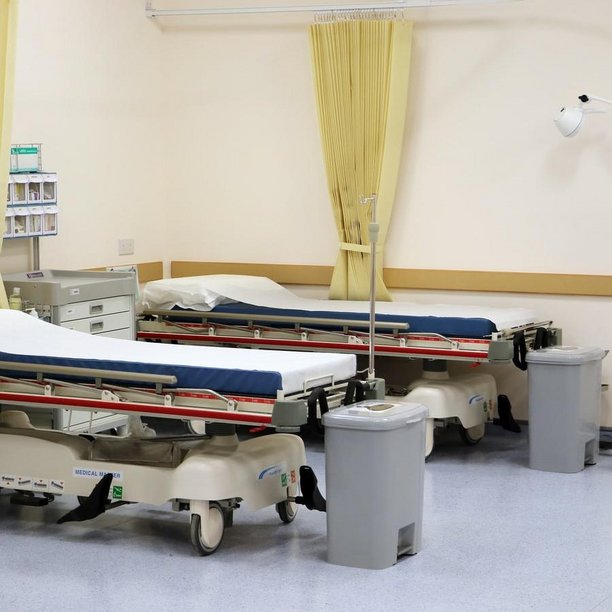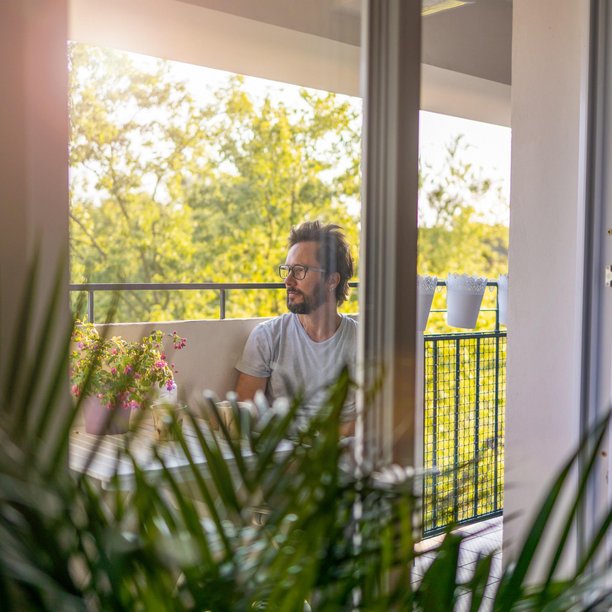Building Environments for better health
Can you visualize buildings that bring a smile to your face? That help you focus? That help you perform better, rest well and get you focused and inspired?
Can you visualize cities and urban areas that foster a healthy lifestyle and active mobility? That change your routine behavior and stimulate you to be physically and cognitively active and socially engaged?
If so, you know how important the built environment is for human well-being. But even more than that, the built environment is also critically important for human health.
How would you visualize a building that helps you sleep better? A building that helps you prepare fresh-cooked meals and gives you personalized health advice? Or a city that invites and motivates its citizens to move more and live healthier and more connected lives?
Currently, over half of the world’s population lives in cities. And from 2050 onwards, 70% of people living in cities will be over 60. Decisions architects and urban planners make today can help improve the health, vitality and well-being of billions. Well-planned, insightful scientific research is critical to help determine the best solutions.
Our team
Interactive Technologies and the Health Continuum
Research within Interactive Technologies and the Health Continuum addresses technologies that support people in staying healthy and, if ill, coping with the disease and self-managing their life.
It incorporates the health continuum: from home to hospital, from healthy living and prevention to diagnosis, and from treatment to home care. This research area covers two perspectives. That of the individual, their family, caretakers and other related stakeholders. And that of a person’s environment in the broadest sense of the word.
Healthy Cities and Smart Societies
Research within Healthy Cities and Smart Societies focuses on improving health through understanding the impact of the living environment – both physical and digital – on people’s lifestyles. The Healthy Cities and Smart Societies research network combines research from the fields of urban planning, digital technologies and behavioral sciences to develop new understanding and innovative strategies on how to create the right conditions for people to adopt a healthier lifestyle, physically, mentally and socially.
Read morePhD projects
Some other projects
- Genneper Parken: Sports and vitality district. An integral approach to enhance an active lifestyle by designing sports and vitality into the daily living environment through landscaping, probes and smart city technologies.
- Bike2School: Studying the factors influencing cycling behavior of teenagers.
- Creating Healthy Environments – Hospitals: The goal is to gain more insight into the relation between indoor environmental parameters and the wellbeing of patients and performance of staff in a hospital environment.
- Creating Healthy Environments – Offices: The general approach is to identify solutions for the built environment that form a balanced consideration of energy and health-related aspects for the building occupants in open office environments.
- GOAL: Gamification for Overweight prevention and Active Lifestyle.
- Smart Cycling Futures: How cycling innovation and urban planning strategies contribute to the stimulation of cycling.
- Smart Technology, Empowering Citizens (STEC): Understanding how technologies and practices can empower citizens and organize them around collective societal issues.
- SOULMATE: Secure Old people’s Ultimate Lifestyle Moblility by offering Augmented reality Training Experience.
- Transformative Practices Program for Social Resilience: Empowering citizens and enhancing their resilience through socio-technical systems.
Contact
Email:HitBE@tue.nl
-
Noud von Heinrich d'Omóróviczakand. Fenna Ramosvan den Veldensteeg9999XK Buggenum

